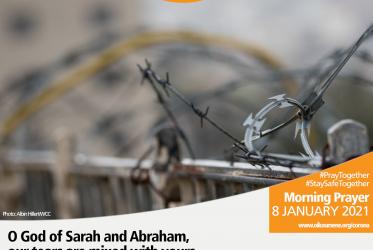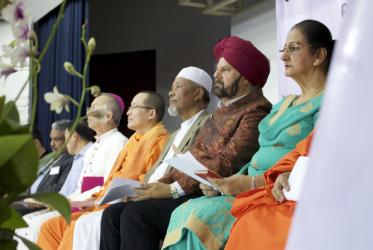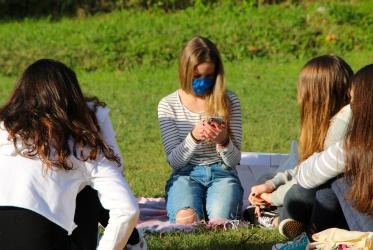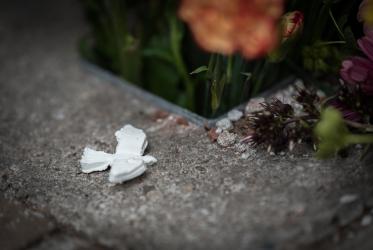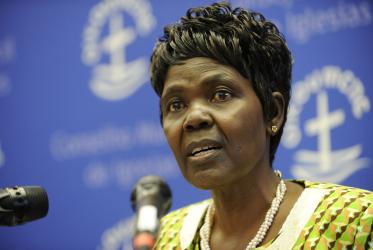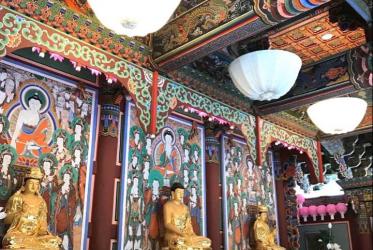Displaying 81 - 100 of 365
Rethinking Ecological Relationships in the Anthropocene era
11 - 13 February 2021
Young people offer visions for interreligious solidarity
04 December 2020
Healing Together
A Facilitator’s Resource for Ecumenical Faith and Community-Based Counselling
15 October 2020
Vesak Day commemorated at the UN
11 May 2020

